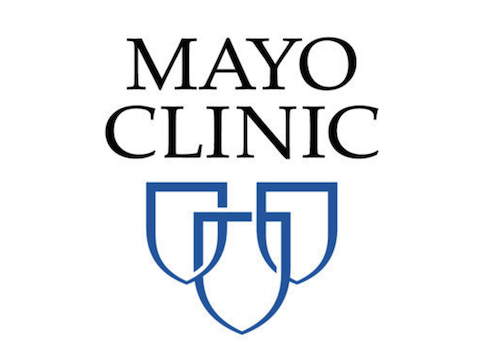
September 5, 2024- A team of Mayo Clinic researchers has developed an innovative computational tool that analyzes the gut microbiome, a complex ecosystem of trillions of bacteria, fungi, viruses and other microorganisms within the digestive system, to provide insights into overall well-being.
In a new study published in Nature Communications, the tool demonstrated at least 80% accuracy in differentiating healthy individuals from those with any disease. The tool was developed by analyzing stool gut microbiome profiles from more than 8,000 samples representing various diseases, geographic regions and demographic groups.
The tool, called Gut Microbiome Wellness Index 2, could detect even subtle changes in gut health, identifying whether a person may be progressing toward or recovering from a disease. The researchers used bioinformatics and machine learning methods to analyze gut microbiome profiles in stool samples gathered from 54 published studies spanning 26 countries and six continents. This approach produced a diverse and comprehensive dataset.
This capability addresses longstanding challenges in human microbiome research, including defining what constitutes a “healthy” microbiome and identifying early indicators of potential health issues. It also fills a significant gap in existing measurement tools of health and wellness.
